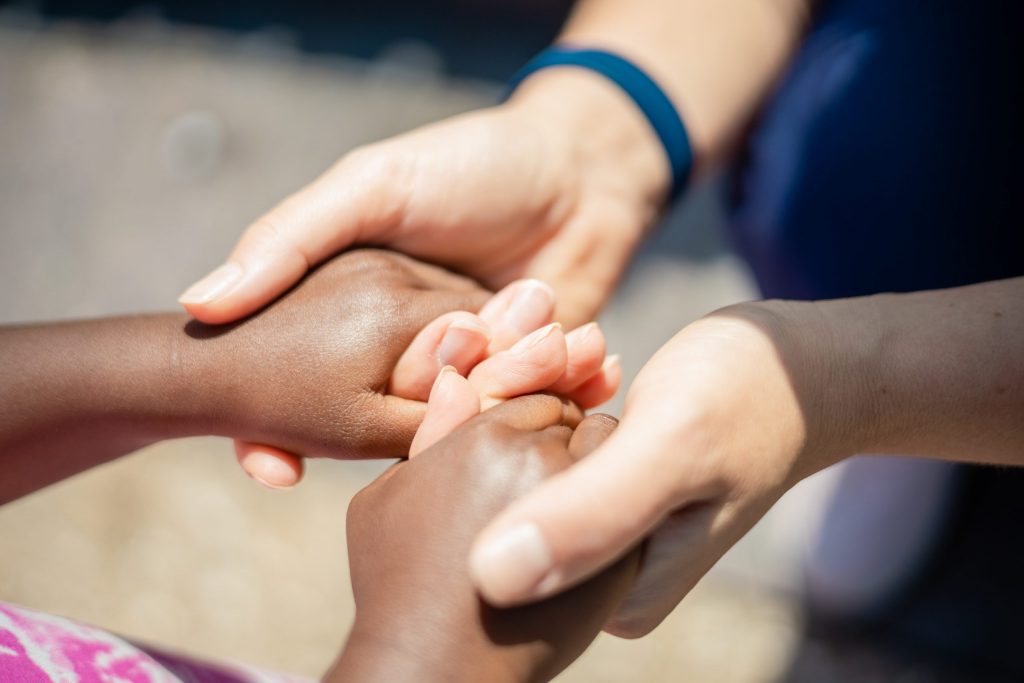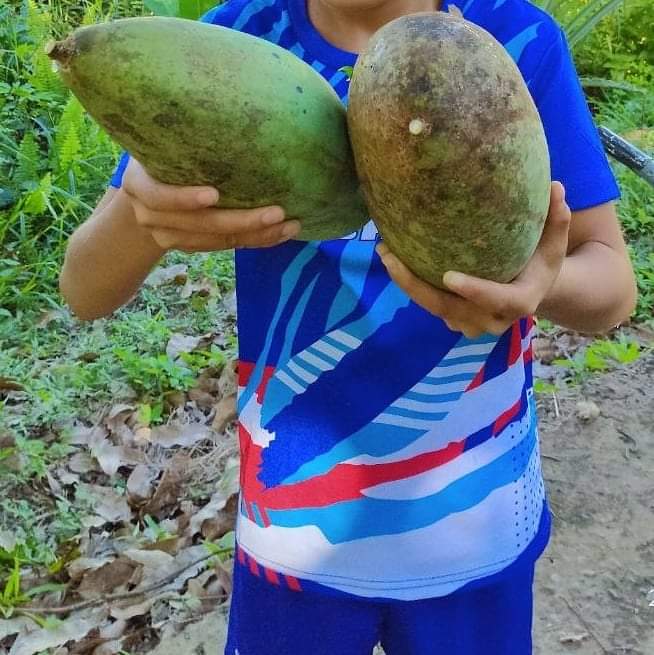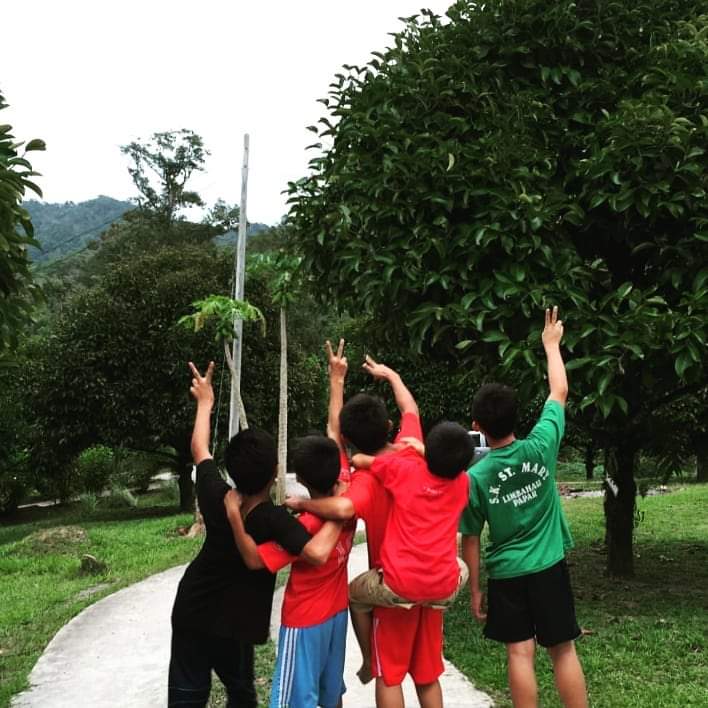Children who have been orphaned, abused and neglected, abandoned by their families find safe havens in institutional care or sometimes better known as welfare homes or orphanages. In Malaysia, there are more than 60,000 children who are placed in institutional care. This includes 33,000 registered NGO-run children’s homes[1].
The People Behind Safe Spaces
We spoke to three different changemakers that have been in the institutional care space; Rumah K.I.D.S. in Klang, Caring For The Future Malaysia (CFFM) in Sabah and Desa Amal Jireh (DAJ) in Kajang.
From Rumah K.I.D.S or Rumah Kanak-Kanak Ini Disayangi, we spoke to Mr Anbu @ K. Anbalagan, the house coordinator who has been serving there for the past 23 years. In his time of service he has witnessed the change of management and learned firsthand what it takes to keep the home afloat.
Rumah K.I.D.S currently shelters 15 individuals in their Klang location and 22 boys in their Subang premises. They are primarily from Indian, Chinese and mixed-race backgrounds. Recently the home was given the tough responsibility of attending to children with court custody cases through referrals from the Jabatan Kebajikan Masyarakat or Welfare Department.
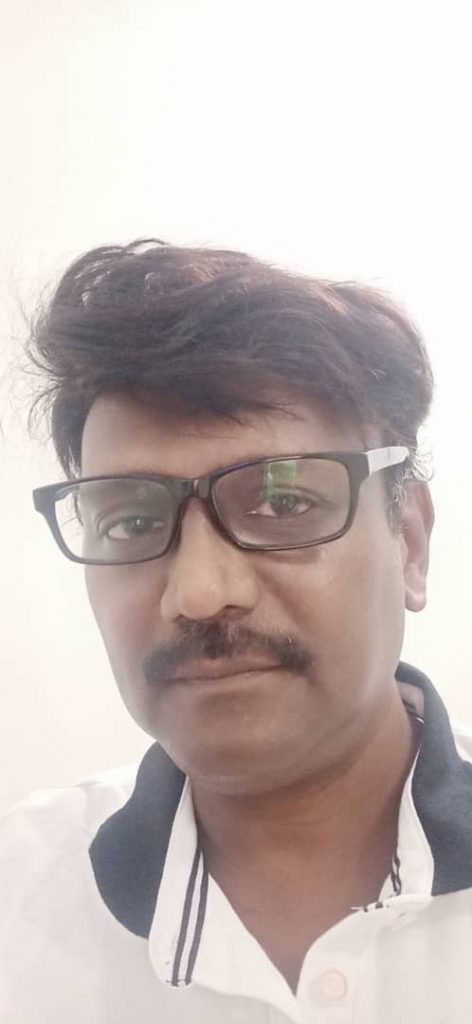
On the other hand, Ms Rachel Shanti Kathiripillai or more fondly known as just Shanti runs Desa Amal Jireh (DAJ) that provides a safe space for 81 children and youth from broken, poor, abusive and neglected backgrounds. Many of the children living at DAJ have at least one living parent (female-led household) who is struggling to make ends meet and their fathers have been out of the picture.
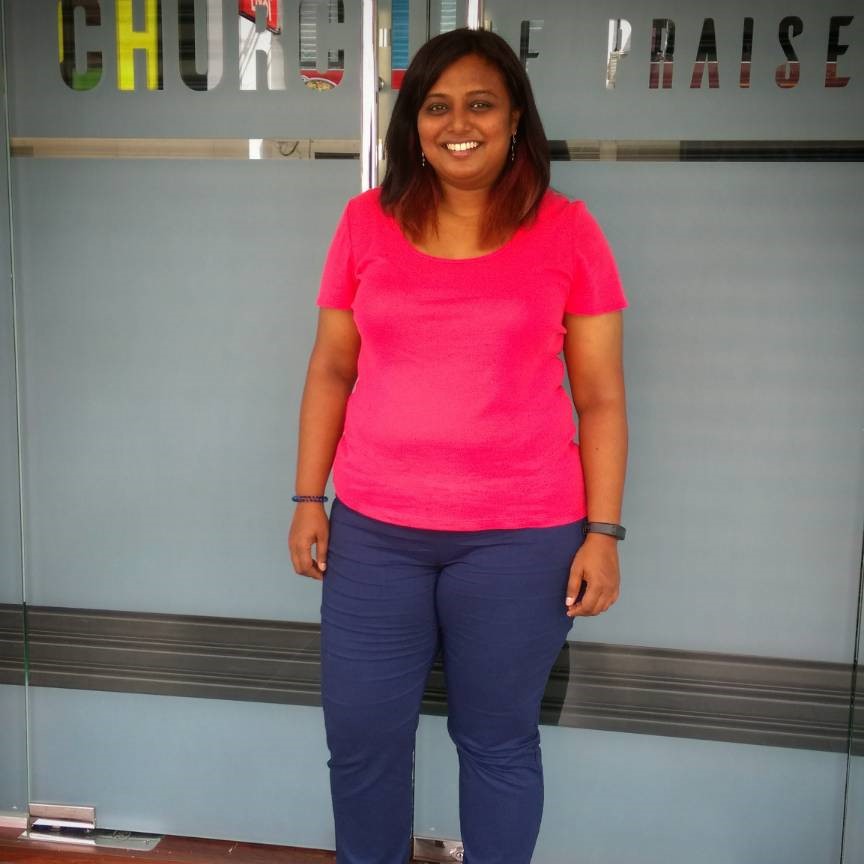
DAJ’s vision and mission to care for the vulnerable and weak stemmed from a religious piety and altruistic traits of the founders, Shanti’s parents.
Desa Amal Jireh was founded in 1985 as a home for orphans and underprivileged children. It was founded by my parents Rev Terrence and Kamala Sinnadurai who had a burden to give love, care, shelter and education to children. – Shanti, DAJ
We also spoke to Mitsuhiko Abe, the founder of CFFM located in Sabah who established the organisation in 2008 and currently has 8 boys under the age of 18 years old in their home. Mr Abe’s involvement in founding institutional care in Malaysia was due to an epiphany he experienced after his encounter with a street boy in Sabah back in 2004.
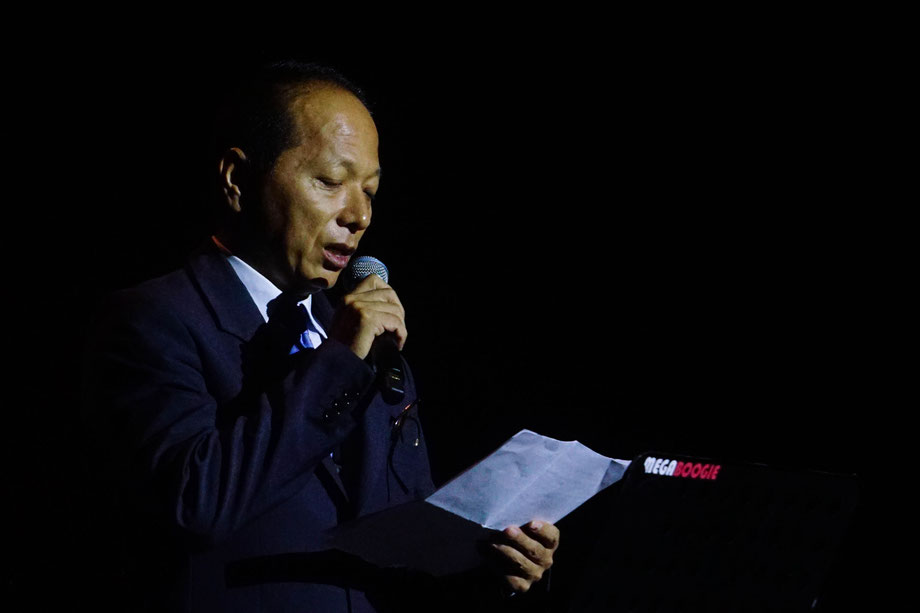
You were born to be loved even though you lived on the street. Nobody is born unloved. I have felt something in my heart that gave me joy. I saw the light in his eyes. That was the first time I realized the feelings that came from something beyond myself. From that day onwards, I committed my life to serve the underprivileged children. – Mr. Mitsuhiko Abe, CFFM
Finding Funnels Of Funding
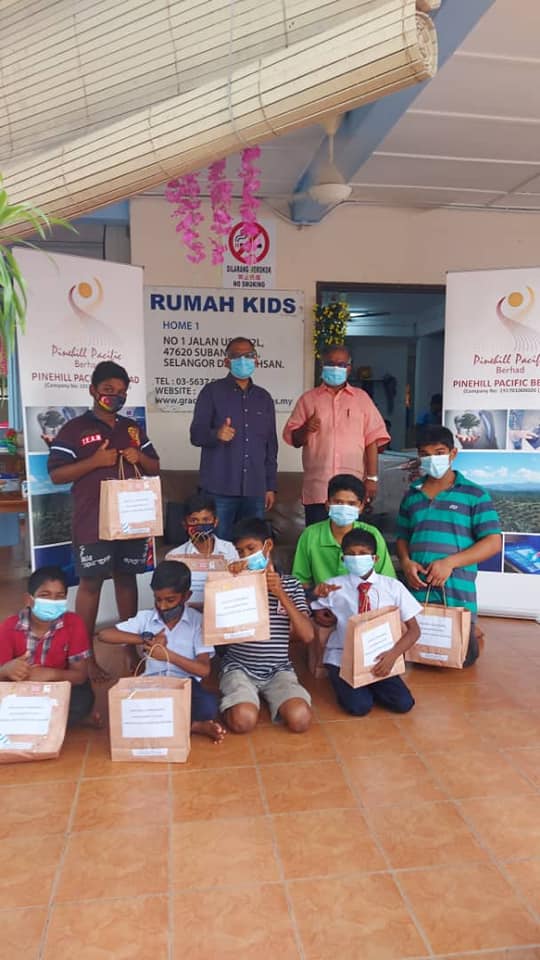
The challenges faced by institutional care facilities are numerous, but none as persistent as the need to secure consistent funding and importance of finding the right team members and keeping them.
The main challenge throughout the pandemic was definitely finance. – Mr Anbu, Rumah K.I.D.S.
Most homes are dependent on public funding from individuals and the government, to carry out day-to-day operations. Some are fortunate to receive funding from corporations as part of their corporate social responsibility budget and still others are funded by faith-based organisations.
There are companies and organisations that give us on a consistent basis and are very supportive of the work we do. – Shanti, DAJ
When the going gets tough, these homes have to run different fundraising activities in a bid to raise enough money to make ends meet each month.
We’ve had a fair share of events over the past 37 years. Prior to moving to our own premises, we organised so many fundraising dinners in different states in Malaysia. With a small and committed team coupled with supporters, these events were successful. – Shanti, DAJ
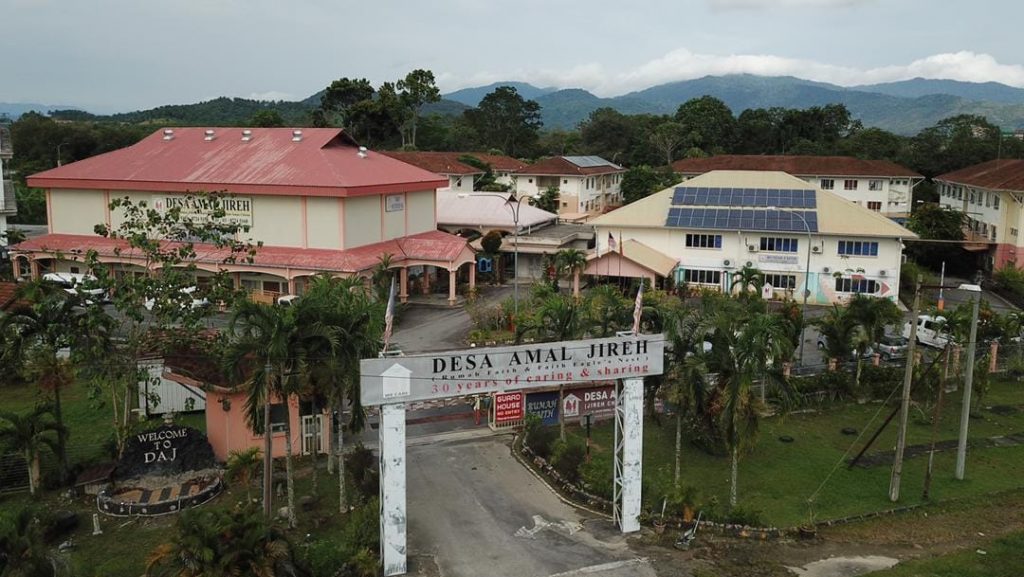
The government backing for these homes had been few and in between. Most of the help had been grant-based or temporary assistance during the pandemic.
The government gave us a food-grant which covers 50% of our food expenses on a yearly basis. However, it is based on an application. We received it this year, but next year – it might go to a different home. – Mr Anbu, Rumah K.I.D.S.
As for the government, we apply for a grant on an annual basis and if approved it covers about 13% of our monthly expenses. We do occasionally apply for funding when we hear of such opportunities. – Shanti, DAJ
Though uncommon in the case of institutional care, CFFM since its establishment in 2008 is now partially self-sufficient through programmes such as work camp, study tour ,farming and selling local products along with yearly musical concerts. A highly commendable feat that is not easy to do and requires extensive planning, management of funds and good partnerships. However, due to the pandemic, their initiatives were halted.
We’ve worked hard in a variety of ways to become a self-sufficient children’s home that doesn’t rely on donations. However, this method still necessitates a significant amount of time and planning. This is one of our most significant challenges, particularly during a pandemic. – Mr. Mitsuhiko Abe, CFFM
Finding The Right Fit
At the same time, the concern on suitable manpower that could love and care for the children just like their own is also inescapable.
Workers, good qualified workers. We would get a lot of people applying but we need people who would understand the children. People who understand our vision and goals are very difficult to find. That’s our biggest problem. – Mr Anbu, Rumah K.I.D.S.
Many volunteers and workers have come and gone through these doors but only a handful of them have stayed long enough to cherish the children growing up and graduating from the home.
Home’s like ours always lack manpower. We seek people who are educated, passionate and committed. Being a caregiver isn’t easy hence there are rules in the home on how things are done to make it manageable. – Shanti, DAJ
CFFM, in particular, due to its geographical location in Sabah, has experienced a higher staff turnover rate especially among younger staff members. The lack of skills in children welfare care is a noticeable gap in regards to the talent pool. As a result of that, Mr Abe has attempted to provide ongoing training to all his staff.
Giving training to improve staff skills was more difficult than we envisioned. This is because strong professional staff in this industry is hard to come by. Because of the rural environment we are in, most employees, particularly young ones, are unable to tolerate the working conditions and quit after a short time. – Mr. Mitsuhiko Abe, CFFM
In addition to being equipped with qualifications, CFFM sought after personnel who would influence and motivate the children in rural Sabah to prioritise education and schooling.
This is due to the fact that the children at CFFM are largely from Sabah’s rural villages, where they grew up with a very simple mindset, such as not prioritising schooling. And being a member of the staff here entails being able to influence the children’s attitudes. – Mr. Mitsuhiko Abe, CFFM
Huge Human Resource Need And Undercurrents
Rearing children is no easy feat and requires all hands on deck. However, to ensure the running of the home is smooth sailing, there is a mountainous amount of administrative work and numerous opportunities to be involved. Shanti shared the umpteen job positions up for grabs at DAJ and her desire to grow a team of passionate people with a heart for children.
We need teachers, caregivers, PR/Comms officers, social workers, administrators, fundraisers, gardeners and drivers! We may need support from someone who can be trusted and can journey with the management on putting into paper the design framework and also organisational culture. – Shanti, DAJ
On the micro-level, Mr Abe indicated that sometimes the family of the children could also be a hindrance to their improvement. The children at CFFM are diverse in their cultural, upbringing and moral awareness. In rural Sabah, parents rely on their children to grow up and support the family instead of getting an education.
Sometimes the family is the one interfering with their own children’s development, such as refusing to allow them to continue their studies after they turn 18 years old. Some parents insist that their teenage children start working and making money to help support the family. – Mr. Mitsuhiko Abe, CFFM
Hard Work Is Not Lost But Found In The Success Of The Children
What keeps caregivers going is the hope of seeing the children they care for grow up, find their footing in life and lead meaningful lives. Shanti spoke about how DAJ’s children have successfully journeyed out of the poverty cycle to build families of their own.
Many are married and have a family of their own, able to sustain their family. Success is not determined by the job they do or being a university graduate. Success to us means they are able to cut the poverty cycle, be good parents to their children, give their best to the family by ensuring they maintain a job. With almost 1000 children who have left the home, about 94% of them are successful. – Shanti, DAJ
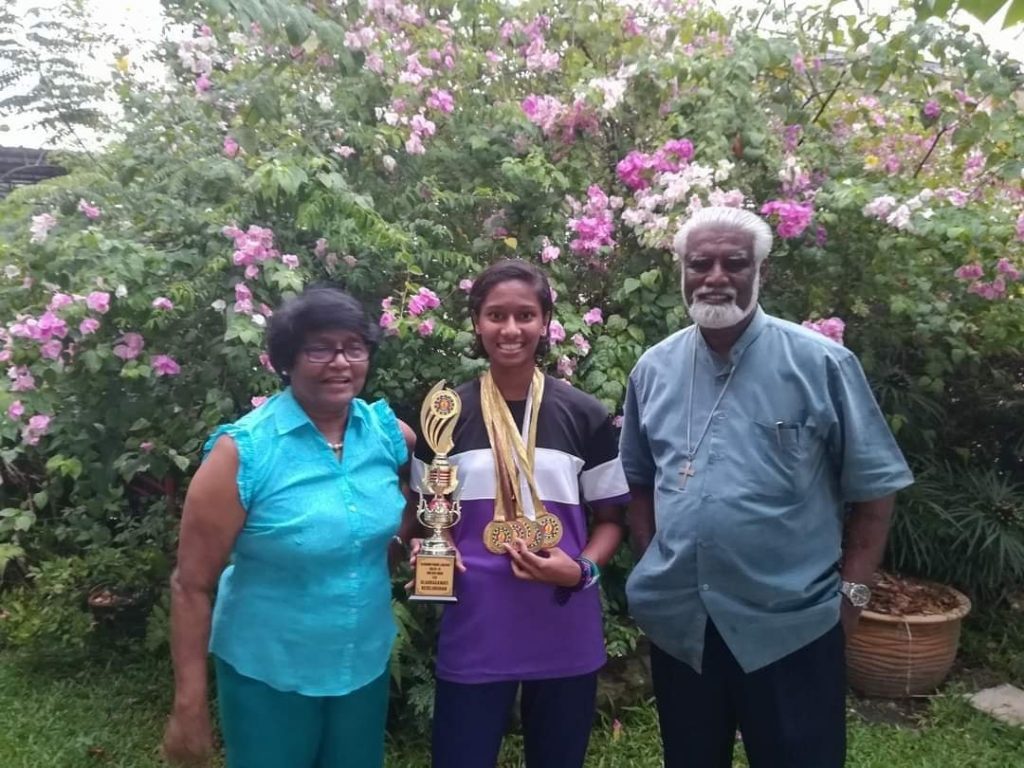
Inevitably, some have also lost touch. Based on Mr Anbu’s approximation only around 20-30% of the children he had raised continued to keep in touch with him. He attributed that the children may have gone astray or some may feel shameful of their past.
You must understand that when the children leave the home, they don’t know how to identify themselves coming from a home. Are they an orphan, someone who has been abandoned? Some think that people will look down on them, so they don’t want to contact us. – Mr Anbu, Rumah K.I.D.S.
The envisioned future of institutional care
The resources needed by institutional homes aren’t only reserved for financial funding.They also require qualified manpower equipped with the knowledge and fortified with the passion to propel the homes further.
Their future plans such as for DAJ and their long term goal of setting up a social enterprise requires the help of experts to run . To CFF Malaysia, they believe each child is unique and disadvantaged when it comes to their geographical location – the necessity of a qualified social worker with elevated skill sets are dire. And as Rumah K.I.D.S expanded their wings by adopting a deinstitutionalisation concept and sought to foster children to families – they require families who can welcome the children with open arms and provide them with the love and care.
Each house’s needs list differs from one another and it is worthwhile to check out their needs list and donation page for more information: Rumah K.I.D.S, Desa Amal Jireh and Caring For Future Malaysia.
This article is a part of Wiki Impact’s series to uncover the landscape of institutional care in Malaysia. The series explores the lesser-known details of institutional care: the distinction of different types of safe spaces housing the children and the voices from the ground of caretakers themselves. Finally, the series will cap off with a look into the future of institutional care and the efforts required to safeguard the children’s future.
Support Institutional Homes In Malaysia
Explore our sources:
- K.Madihi and S. Brubeck. (2019). Malaysia Alternative Care Case Study. Better Care Network. Link
